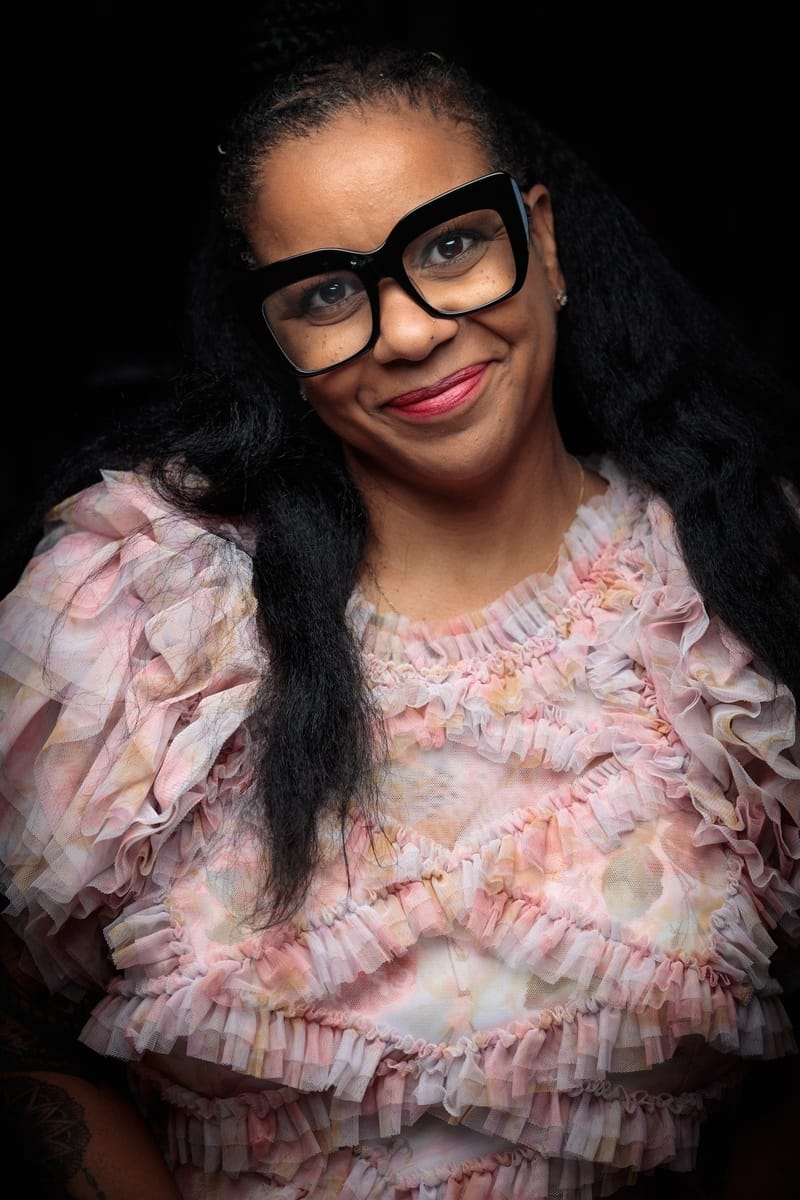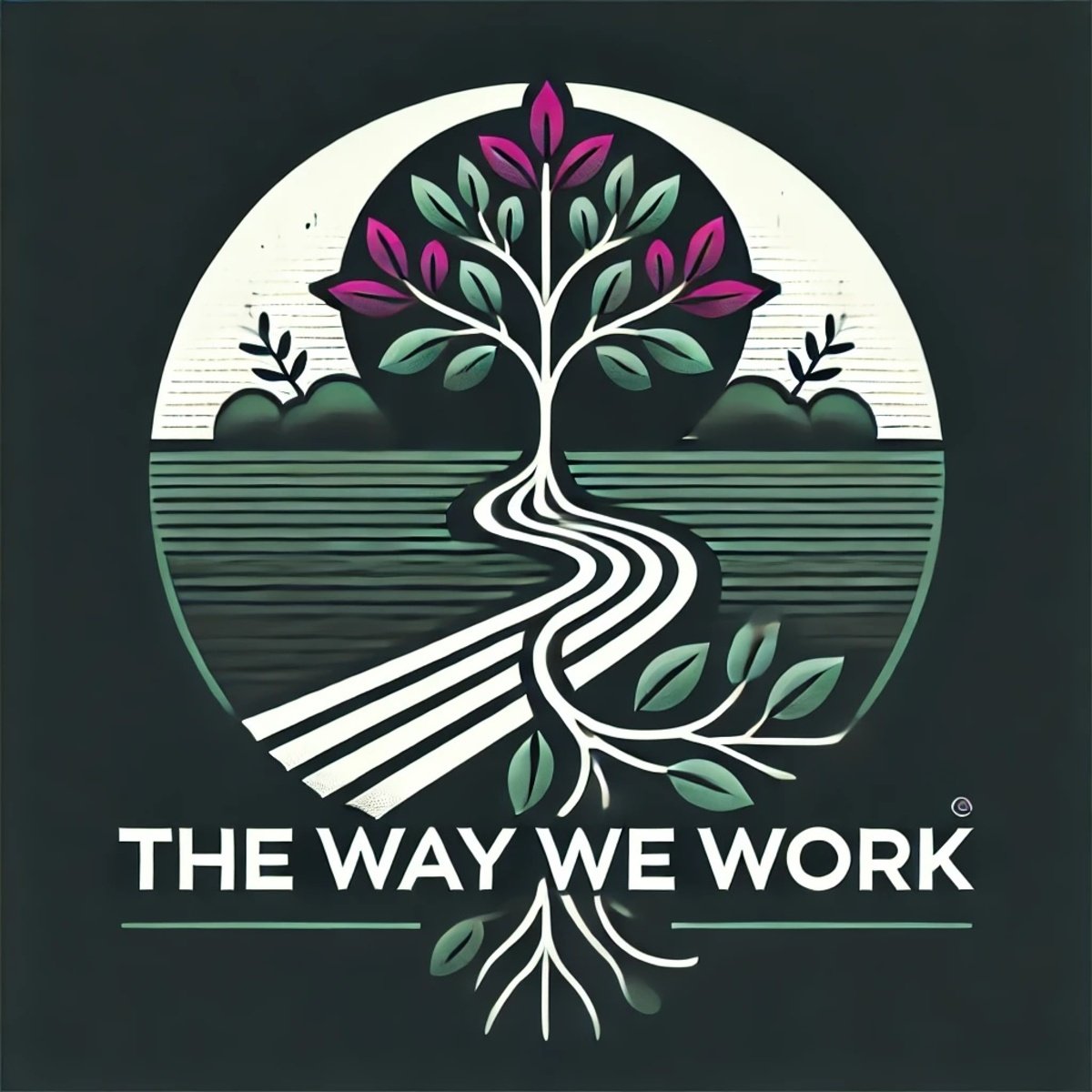Welcome to The Way We Work: Tales from The Office
Dear Readers (in my OG Carrie Bradshaw voice—not the new one),
I told y’all I had to reimagine this channel into something meaningful and impactful. Sure, the prior drops were full of info, but to be honest, it was a lot of work and I wasn’t being as efficient with creativity and storytelling—two areas I think we need to see more of in the workplace. Our stories at work matter.
So, The Way We Work: Tales from The Office has been born.
These are fictionalized stories of actual events—either things I’ve experienced or stories others have shared—reimagined by me so you can get a peek behind the corporate curtain. Or, if you’re already behind it, maybe you’ll catch a glimpse of a part of the stage you haven’t seen before.
I hope you enjoy them as they marry the two gifts I have: impactful work and writing. Below is our first story—appropriate for this Juneteenth and told through the lens of a practitioner.
The Juneteenth Black Box

@originals / Via media.giphy.com
A year before President Biden signed the document declaring Juneteenth a national holiday, Toni was already dreading the sudden “discovery” of that moment in American history—when, in Galveston, Texas, enslaved people finally learned that slavery had officially ended two years earlier.
“Damn, all these companies are gonna wanna do some Black Box stuff all over again,” she muttered to herself.
Black Box Gate 2020 was the year America decided that, after the unjust murders of Black people at the hands of police—or worse, civilians playing cop—a black square on Instagram was enough to show solidarity. Many companies did nothing more.
She hated those black boxes. With no real action or impact—especially for Black employees still expected to show up to work every day—it felt like lazy marketing at best.
She was the Head of Diversity, Equity, and Inclusion. She knew.
So when the C-Suite asked if they should proactively add Juneteenth to the company holiday calendar, she said no.
They were shocked.
“This company is 6% Black,” she began in her email—because the pandemic made email the norm, and because in her line of work, CYA (cover your ass) was survival. Her mentor’s voice echoed: Document, document, document.
“I’m not confident a day off will achieve the goal of bringing education and awareness of the Black community internally or externally.”
“Makes sense,” her boss—her biggest advocate—wrote back. “I like your approach of bringing in a speaker, hosting a virtual event, giving managers talking points.” Toni exhaled.
We survived another performative emergency, she told herself.
That was April 2022. Then things changed. Her boss left in May, and Toni now reported to the Head of Legal.
He was not visibly part of any marginalized group (he barely even talked about social identities), and he felt very comfortable in his button-down, jeans, and Patagonia vest uniform of the corporate tech guy—but not comfortable at all talking about diversity. Only that he “supported it,” whatever that meant. She honestly didn’t know, because he could never articulate it beyond the typical “people should be equal” line she heard all the time at work.
To her friends, she called him the Head of the No Department. He said no to everything—without data, without rationale. Just vibes. Toni hated that kind of “leadership,” but she had no agency over it.
So when he sent her a Slack message asking why Juneteenth wasn’t on the time-off calendar, she blinked. He had been copied on her email. In fact, as part of the Leadership Team, he was copied on all her emails.
“Remember the email I sent a few months ago?” she replied, pasting the original message into the black text box. She worked hard not to sound “off-putting” (a word he used in their first meeting—unaware of the optics of calling a Black woman that).
She added, “I’ve also done some research with other companies and colleagues. I’m attaching my findings.”
And she had. She’d called 15 colleagues, compiled a whole report. Because again—CYA. Most hadn’t made Juneteenth a holiday, but were doing programming instead. Exactly what she had recommended.
Especially because one department—nicknamed “the Mean Girls of Beauty”—only hired white women in their 20s and 30s who could double as social media influencers. Against her advice, they’d posted a black square for Black Lives Matter—and just as she predicted, the comments flooded in. People noticed the hypocrisy. They called them out. Loudly.
Toni couldn’t say I told you so, though she wanted to. She was an executive. So instead, she asked, “How would you like to address this?”
The department spiraled. Eventually, they held a session to acknowledge their behavior. Toni was… moderately impressed.
But the Head of Legal wasn’t part of that team. He wasn’t known for kindness, openness, or even basic people skills. The perfect person for DEI to report to?
Not even close.
(But that’s another story.)
Toni moved on—analyzing hiring data to pinpoint inequities, calling a veteran-founded recruiting firm for a partnership, coaching an employee on why DEI mattered, revising performance review questions for bias, and advising a team on whether their Christmas campaign was inclusive.
Days passed.
Finally, the Head of Legal replied:
“Yeah, my daughter was wondering why we didn’t have the day off and accused us of not being progressive. So I think we’re going to add it to the calendar.”
Toni stared at the screen.
Her DEI strategy was now in the hands of the Head of Legal’s daughter.
Are you an organization or brand that wants to help fix work?
Contact us about sponsorships and promotions.
Our target audience is everyone at work—from interns to CEOs. We fundamentally believe that conversations need to happen across levels for real change.
We’re just getting started, so join us.
Reply to this newsletter—we got you.

www.equityactivations.com

